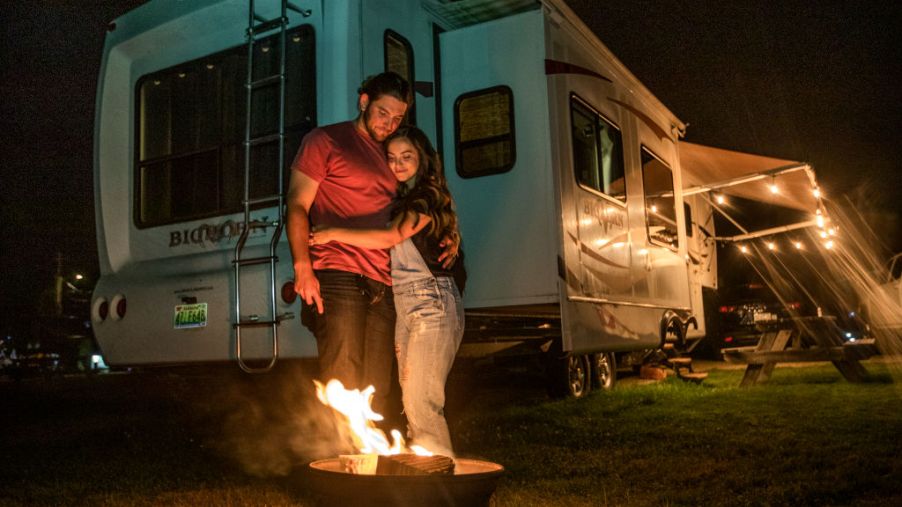
Top Tips for Buying a Used RV
You finally decide to buy an RV, but you’re not sure where to start? First, you must decide to buy a new or used RV. If you choose the latter, we can help you with the rest of the shopping experience. AARP recently released an article detailing everything you need to know. Pretty soon, you’ll be road-tripping with your recreational vehicle.
Do your research
You don’t want to get burned by someone eager to get a lemon off their hands while making a profit in the process. If you have friends or family who own an RV, ask them what they would do differently about the buying process. Also, inquire about maintenance issues and DIY repairs. Many RV owners have blogs and are only too happy to give out advice. Trip Savvy has some tips about finding RV blogs that stand out from the rest.
Decide what you want
According to AARP, the market for used RVs is usually hot during the fall and winter. Don’t feel pressured into buying a used RV. Purchasing one is a big investment and buyer’s remorse can be a painful ordeal. If you’re on the fence, keep checking around.
Where do I find a good used RV
Like used cars, there’s plenty of places to shop for used RVs. You can always go to a dealer, but you may find a better deal online. AARP states, “Websites such as RVT.com (formerly “RV Trader”), RVzen.com and CampingWorld.com allow you to search nationwide listings of used RVs by make, model, price and other criteria. Most sites list RVs for sale by dealers as well as individual owners.” AARP also recommends hitting some campsites to see if someone has a “for sale” sign in their window.
How much is too much
A salesperson is eager to line their own pockets, so don’t assume they’re cutting you a deal. Do your homework. NADA Guides for RVs shows how much a used RV should cost, so it’s a great place to start. Keep in mind that this is for an RV in good condition.
Ask questions
Don’t sign any paperwork or hand over a check until you’ve asked some questions. Rather than take someone’s word for it, check the history of the RV you may purchase. RV Checks is a great resource. For $25, you can get a detailed history of the vehicle. All you need is the RV’s seven-digit VIN number, and you’ll be able to find out information like recalls, repairs, and other information.
Another great source is Udemy. It has a list of questions and things to look for like rust, leveling jacks, and checking out the appliances to make sure they work. Also, don’t hesitate to test drive the RV. It may look great but it could make strange noises while driving that signal repairs.
Signing the paperwork
Now, it’s time to make an offer. Don’t allow yourself to become railroaded into making a bad deal. You’re the one who has the most to lose from the deal, so stand your ground. If the owner isn’t willing to negotiate, don’t hesitate to walk away. If everything works out and you drive away in your new-to-you RV, congratulations!


